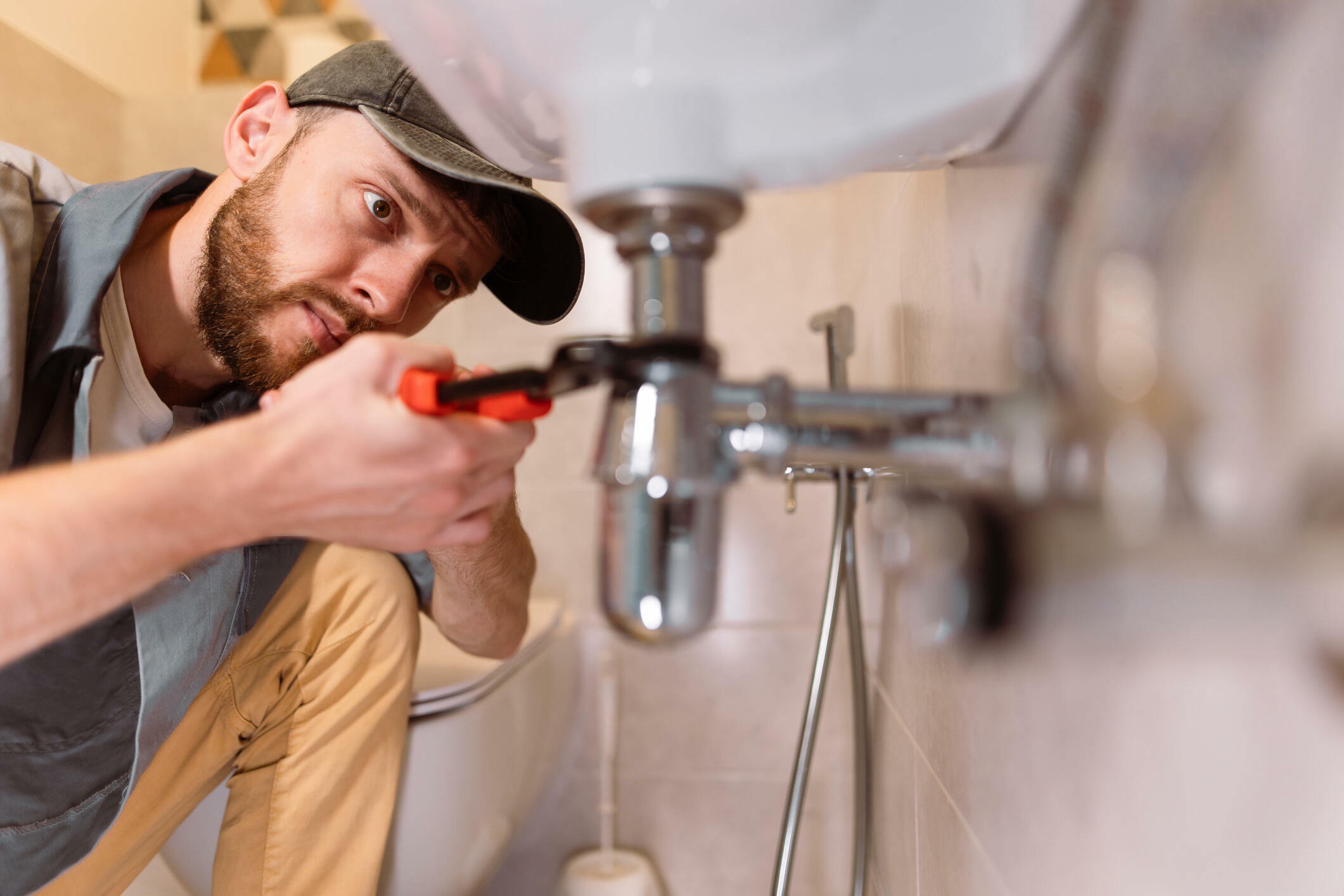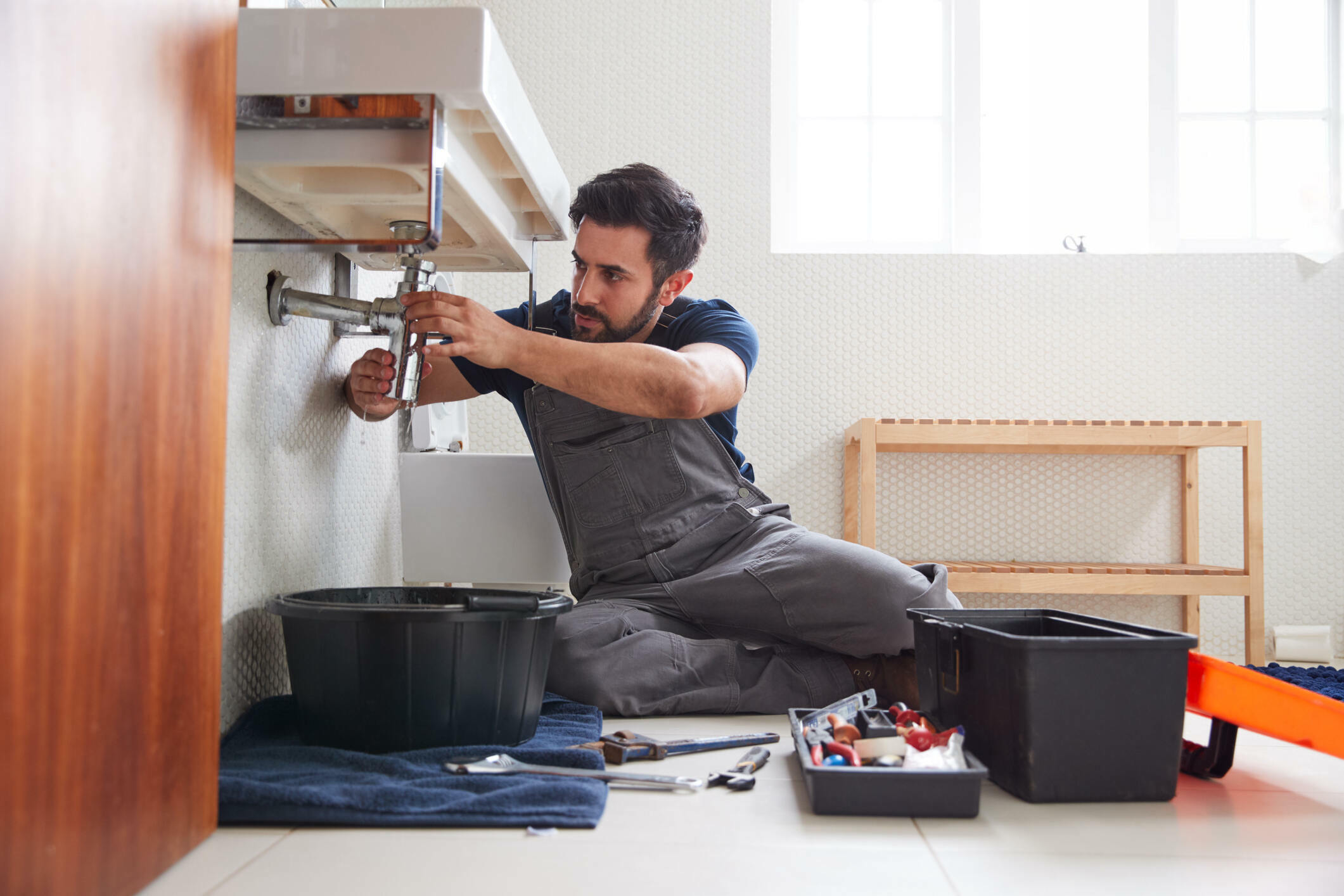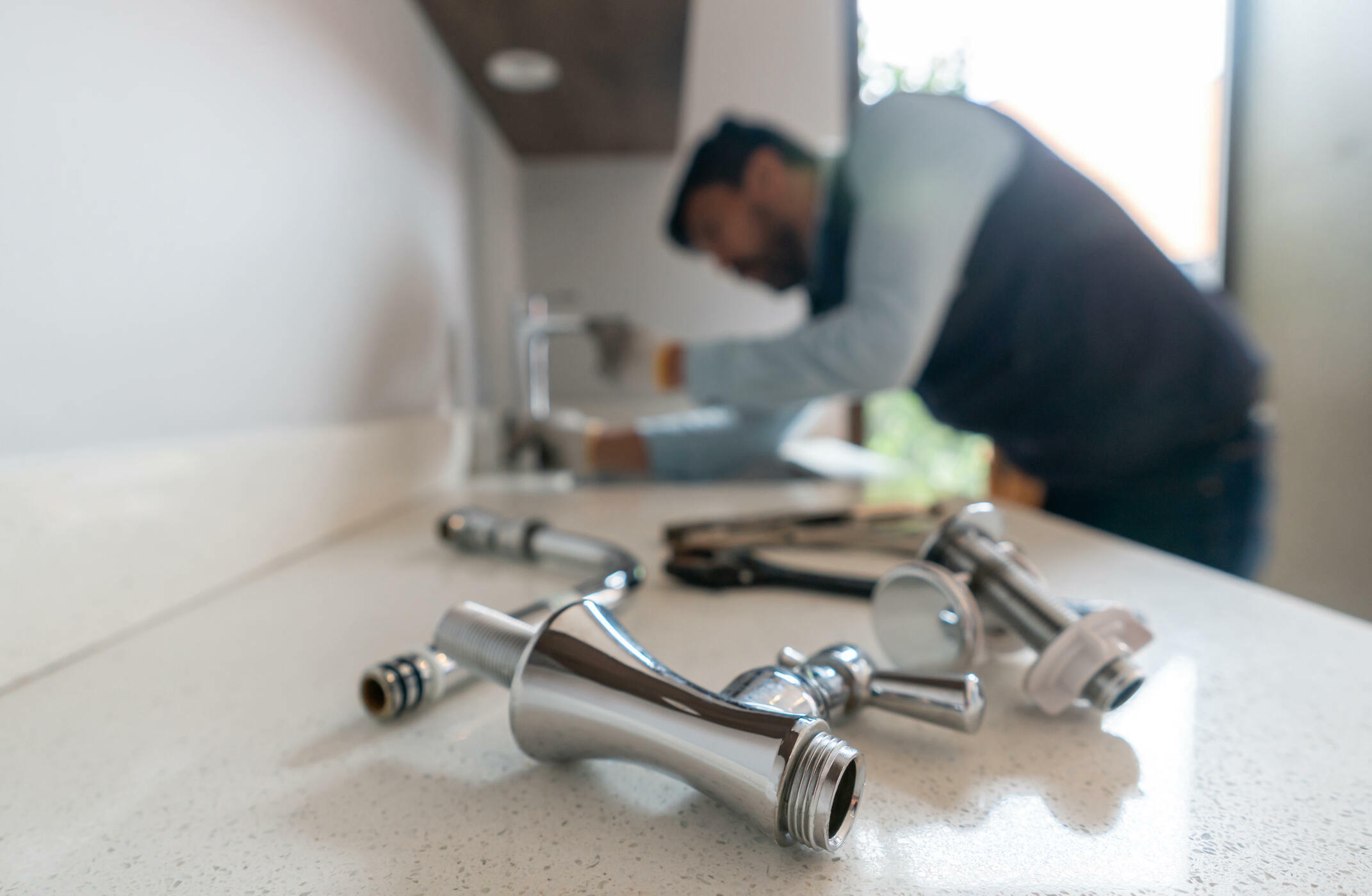Winter Plumbing Tips for Homeowners
As winter arrives, so does the risk of frozen pipes, one of the most common and potentially costly plumbing issues for homeowners. When water freezes inside your pipes, it expands and can lead to pipe bursts, water damage, and costly repairs. Fortunately, with some proactive measures and winter plumbing tips from Onestop Plumbers in Riverside, you can protect your home from freezing temperatures and prevent the nightmare of frozen pipes.

How do I protect my pipes during winter?
Here are the most important tips you should keep in mind during colder days:
1. Insulate your pipes
One of the most effective ways to prevent frozen pipes is to insulate them. Pipes in unheated or exposed areas, such as basements, crawl spaces, and attics, are particularly vulnerable. Use pipe insulation sleeves or heat tape to provide a barrier against the cold.
2. Seal leaks and cracks
Inspect your home for any gaps, cracks, or openings near pipes, windows, or doors where cold air can seep in. Seal these areas with weather stripping, caulk, or foam insulation to keep the cold out and the warmth in.
3. Keep interior doors open
Maintain a consistent temperature throughout your home by keeping interior doors open, even in rooms you don’t frequently use. This helps promote airflow and prevents cold spots that can affect pipes located on exterior walls.
Read also: A Few Reasons Why People Prefer to Rent Instead of Buying House
4. Let faucets drip
On extremely cold nights, allowing faucets to drip a small amount can relieve pressure within the pipes and prevent them from freezing. Aim for a slow and steady drip from both hot and cold water faucets.
5. Use cabinet warmers
For pipes located under sinks in bathrooms or the kitchen, open the cabinet doors to allow warm air to circulate them. You can also use cabinet warmers or portable heaters to maintain a slightly higher temperature in these spaces.
6. Maintain adequate heating
Keep your home adequately heated, especially when you’re away during the day or on vacation. Set your thermostat to a consistent temperature, even if it’s lower than your usual comfort level, to prevent drastic temperature fluctuations that can lead to frozen pipes.

7. Disconnect garden hoses
Before the first freeze of winter, disconnect and drain garden hoses. If left connected, water can freeze in the hose and back into the pipe, potentially causing damage. Store hoses indoors or in a well-insulated area.
8. Drain outdoor faucets
Outdoor faucets and spigots are particularly susceptible to freezing. Shut off the water supply to outdoor faucets and drain any remaining water by opening the faucet. Consider installing freeze-proof outdoor faucets.
9. Install frost-proof sillcocks
Frost-proof sillcocks, also known as freeze-proof faucets, are designed to prevent freezing by shutting off water inside the warmer part of your home when the faucet is turned off. These are a great investment for preventing frozen pipes in colder climates.
10. Be prepared for extended absences
If you plan to be away from home for an extended period during the winter, take extra precautions. Shut off the main water supply and drain your plumbing system to prevent potential damage in your absence.
11. Have a plan for emergencies
Despite your best efforts, frozen pipes can still occur. Know the location of your main shut-off valve and how to turn off the water supply if a pipe does freeze or burst. Quick action can minimize damage.
12. Consult a professional
If you’re unsure about the condition of your plumbing or need help with insulating pipes, consult a professional plumber. They can assess your home’s plumbing system and provide recommendations for winterizing your pipes.

Final note
By following these winter plumbing tips, you can significantly reduce the risk of frozen pipes and the potential for costly repairs and water damage. Winterizing your plumbing not only protects your home but also ensures a warm and worry-free winter season for you and your family.


